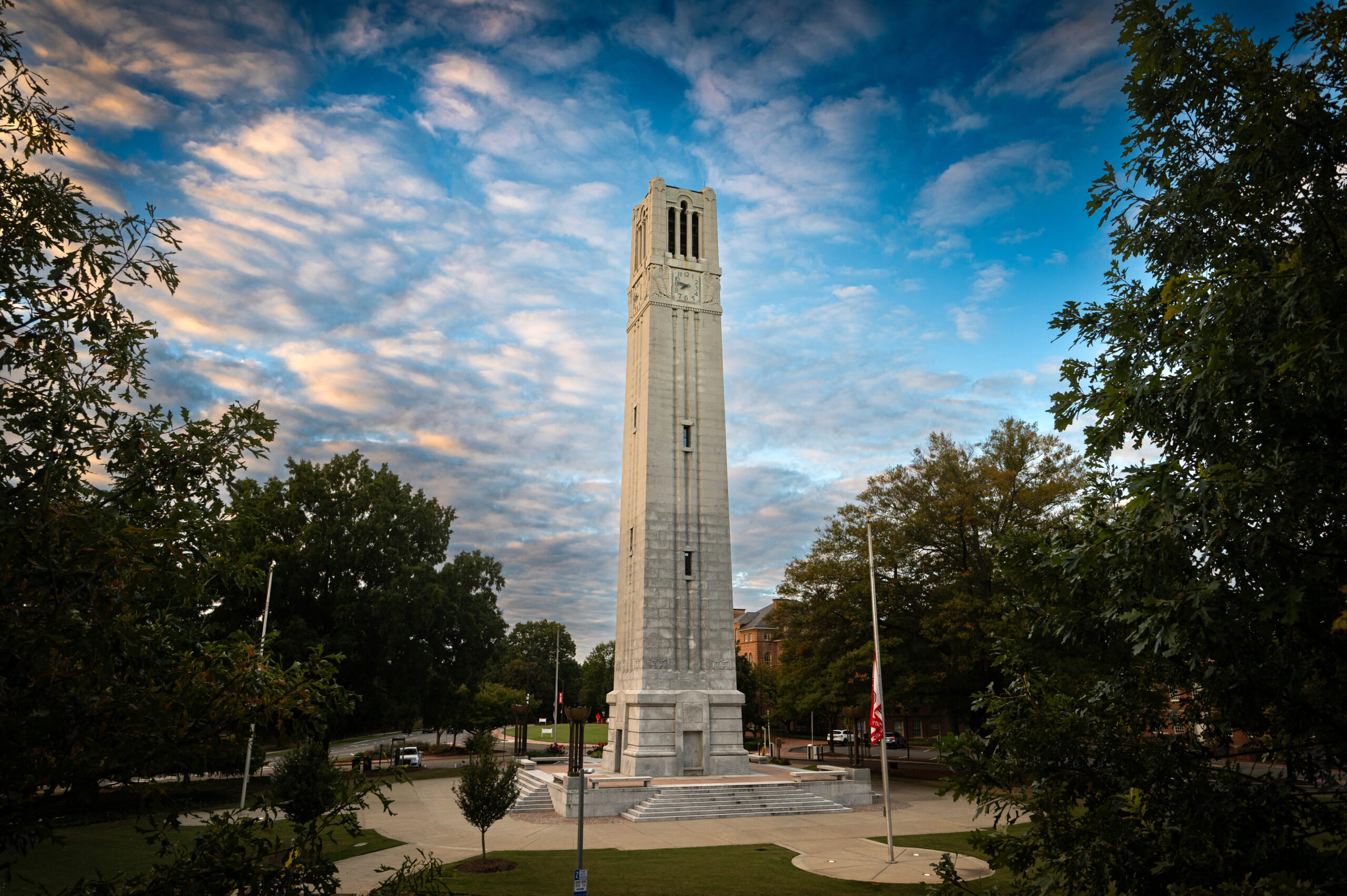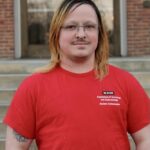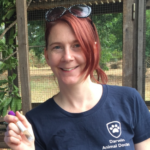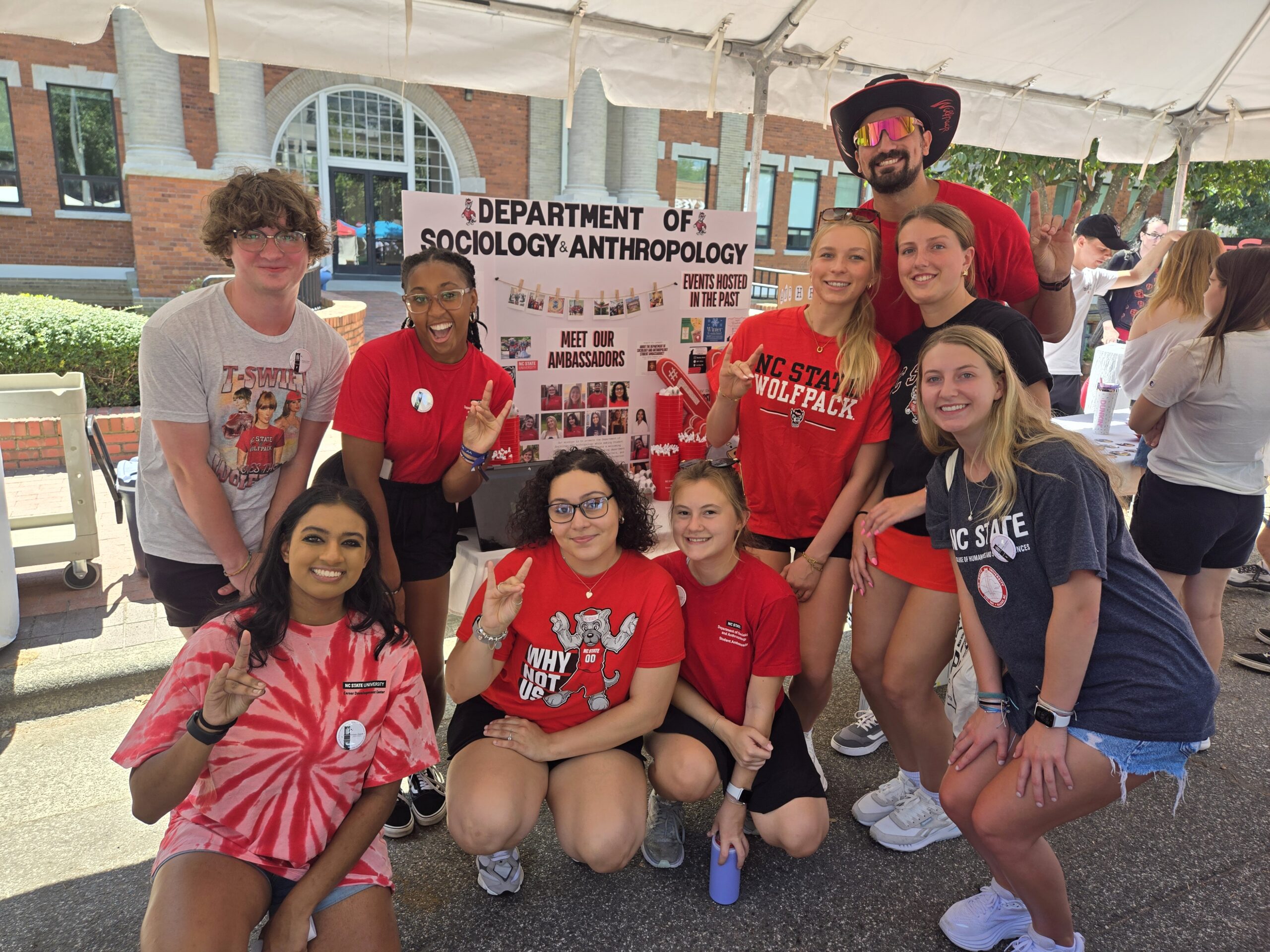Undergraduate Research Opportunities at NC State and in the Department of Sociology and Anthropology!

Many great achievements have come from undergraduate research here at NC State. 14 students were selected to present their research at the 2023 National Conference on Undergraduate Research and 1 student was able to present their research at the World Congress on Undergraduate Research. 43 students presented at the 2022 State of North Carolina Undergraduate Research & Creativity Symposium and 110 Research Awards have been given out in just the last year.
The Department of Sociology and Anthropology has many research opportunities for students, including undergraduates. But a lot of students wonder, “How do I get involved in research and where do I start?” I interviewed 3 undergraduate students who have participated in research and a professor of the department who has been involved in research with undergraduates to ask that same question.
Dmitri Fisher is a senior, majoring in Anthropology, who shared what it was like researching death by distribution laws. He is also a Student Ambassador for the Department of Sociology and Anthropology.

“I’ve worked with Dr. Jennifer Carroll (alongside Bayla Ostrach, MA, PhD) on her project regarding Death by Distribution Laws and their perceived effects/presence in Haywood County, NC as part of my independent study in the Fall of 2023. I had the incredible opportunity to help facilitate a focus group and to extrapolate my own further hypotheses from the data collected.”
“My favorite part of being involved was the ability to engage with questions, ideas, and people who I am extremely passionate about. Harm Reduction– especially regarding overdose prevention– is a subject that I hope to work with throughout my life, and having the chance to participate in something bigger than myself alongside those who have been working in the realms of medical anthropology and public health made me feel even more confident in my belief that this is the career path I want to go down.”
“I found out about my research opportunity because I wanted to do an independent study, but when I looked at the course catalog and spoke to a few of my professors and my advisor I learned that the class was only meant to be available to graduate students. I was initially disappointed that it seemed I wouldn’t be able to pursue it but then I realized that, as part of my course plan of work for the Anthropology Honors program, I needed 3 more credits in a 300 or 400 level course (and there just so happened to be a 400 level independent study option!) So as a bit of a Hail Mary, I reached out to my advisor who got me into contact with Dr. Nora Haenn (the director of the Anthropology Honors program) to see if any exception could be made to allow me to take an independent study for my final honors credits– and Dr. Haenn approved it!”
Whit Saperstein is a Junior, pursuing a dual major in Anthropology and History with a focus in Archeology. He transferred to NC State 2 years ago from a college in Minnesota and holds an Archeology certification.
“I work under Dr. Kathryn Grossman who’s our lead archaeologist. I work with the collections we have from past digs, organizing and digitizing them. One of the digs I’ve gotten to work on is the Roman Aqaba project. It was an ancient Roman settlement that we’re digging through so there’s just all sorts of crazy stuff in there. We’ve come across a lot of animal bones and we also found a toothbrush that still had some of the bristles in it.”
“I also worked at the North Carolina Office of State Archeology. That’s the state depository for all of the art of archaeology and Archaeological artifacts they have. It is a collection of around two and a half million artifacts. And that’s stuff like Blackbeard’s cannonballs or arrowheads from around 10,000 years ago, so that was really amazing.”
“When I decided to switch to archaeology and history from my previous major of engineering, I knew that it would be a harder path. I think that kind of pushed me to really apply myself and ask around for things including research opportunities. If I was to give advice to someone who’s trying to get opportunities it’d be to really just shoot your shot. I didn’t think I would get selected for a lot of the things I applied to, but I still chose to apply and that gave me a good amount of opportunities.”
Alex Soto is a senior, pursuing a double major in Sociology and Anthropology with a minor in Forensic Science. He is also a Student Ambassador for the Department of Sociology and Anthropology.
“This semester, I began working with Dr. Wesp in her ongoing research project in a Jesuit church excavation in Colombia. Under this church, around 80 or so individuals were found buried when renovations were undergoing. Dr. Wesp and a team of local archaeologists excavated to find these remains and other valuable items under the church to further conduct research on these people including who they were, why they were buried there, and what connection they had to the church. Additionally, another room in this church has over 340 burials within the walls that are documented with names, dates of death, and other details. Using pictures from the site, I catalog all the information from these crypts and headstones, and arrange them in a spreadsheet, noting important information such as place of death, titles, possible relationships, important dates, etc. Most importantly, I look at the symbolism of any headstone art, how it correlates to the times of their death, and how it changes over time. Additionally, I can analyze the dates and see an average of the lifespan of the people that died during these times, average males and females, oldest and newest dates of death, and possibly verify through databases if these names are part of any digital records. After completing this project, I plan to work with Dr. Wesp to publish an article about my final analysis of this project and officially publish it.”
“My favorite part of being involved in this research is learning about Hispanic culture and burial practices, funerary archaeology, and anthropology, and how this translates or correlates to contemporary history and culture. Before talking with Dr. Wesp in our first meeting and doing some readings she had for me, I did not realize there was so much to funerary archaeology and anthropology. There are so many symbols that are used in headstone art in our country and also abroad depending on religions and beliefs of death. Every culture in the world is very concerned and values the afterlife; that is, what happens after death with the nonphysical, eternal part of ourselves, our souls, after one’s demise. This is especially true if religion is involved at the time of one’s death. This is all portrayed in their headstone art, the wording used in their headstones, how they are buried (position and attire), and where they are buried.”
“I found out about my research opportunity last semester through my Biological Anthropology class professor, Dr. Wesp. I had asked her if she knew of any research opportunities in our department, as I was looking for research experience before I apply to grad school later this year during the fall semester, and she pointed me to other professors, whom I emailed, but also told me about her ongoing research.”

Dr. Tara Clarke is an Academic Advisor and Professor for the department. She has been at NC State for 4 years, sharing her passion for Anthropology with her students.
“I have an undergraduate who’s finishing up research from last year. He’ll be presenting his work this semester at the NC State Undergraduate Research & Creativity Symposium. He looked at female dominance in free-ranging groups of ring-tailed lemurs at the Duke Lemur Center. I have another student whom I’m co-mentoring with a colleague of mine from Duke University. She’ll be exploring the diversity of the gut microbiomes of various captive & wild lemur species. Using data/samples that have been previously collected and analyzed. We’re hoping down the line that it will turn into a publication for her. However, any type of research experience is great for undergrads.”
“I’ve done a lot of work using conservation and population genetics to study lemurs, including the illegal pet trade of lemurs in Madagascar. Additionally, I have collaborated on various lemur gut microbiome research projects, including a study that compared the gut microbiomes of wild populations, captive populations, and individuals that were wild-caught ex-pets.”
“I’ve had the opportunity to work on a lot of community-based conservation initiatives in Madagascar, such as starting a school lunch program and garden at a rural primary school. I’m affiliated with a nonprofit called the Mad Dog Initiative, this was a project that I did with them, and I serve as their Director of Special Projects. Because of its success and the ability to secure more funding, the project has now expanded to a second primary school. The lunch program has significantly increased the number of students that are able to attend school, which was one of the main goals for us. Additionally, families are secure in knowing their children will be fed a nutritious meal every day at school, which is vital when food insecurity is your daily reality.”
“I encourage students to find a professor that they find interesting and whose research speaks to them and to go have a chat with them or if it’s easier just send them an email asking if they have opportunities for undergraduates to get involved in research. Don’t be afraid to reach out and show your interest- you’ll be surprised by the response that you’ll get because many professors have ongoing research programs that undergraduates can get involved in. If you’re interested in doing lab-based research this is a great way to learn and build your skillset. This will make you more competitive for graduate school or the job market. ”
“If you’re not really sure what’s going on in your department, take a look at the faculty webpage and read their bios. A lot of professors have lab websites. This will allow you to get a real feel for the type of research they engage in, and potential opportunities that could be available to you.”
“You can also reach out to the Office of Undergraduate Research (OUR) and get paired with a research mentor. The Office of Undergraduate Research is a really wonderful resource in terms of helping students make those important connections. Just know that if one opportunity doesn’t work out there are countless more to explore. Remember that you’re paying to be a part of this renowned institution and community- we have incredible faculty and tons of resources- so make sure to take advantage of them!”

Talking to professors, visiting the Office of Undergraduate Research to be paired with a mentor, and speaking with your advisor are all great ways to start your path to getting involved in research on campus. Even if the professor you speak to isn’t currently doing any research, they may be able to point you in the direction of a professor who is, so don’t be afraid to ask! Another good way to keep up with potential research opportunities is the Office of Undergraduate weekly emails sent out by Stephanie Jares, the head advisor of our department. They provide a section about Program/Opportunity Applications that is updated every week! One final way to find potential research opportunities would be using ePack, NC State’s online job search platform. Not only can it help you find jobs, but potential internships as well!
By Brenna Wheeler, Criminology and Psychology Double Major and Department of Sociology and Anthropology Student Ambassador


